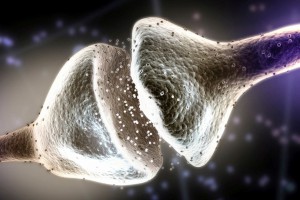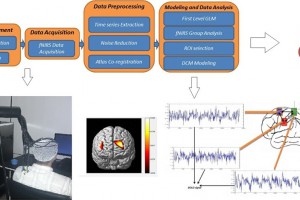Study suggests mind-wandering is an underlying dysfunction among children with ADHD
A study published in Research on Child and Adolescent Psychopathology explored the consequences of mind-wandering for children diagnosed with ADHD in medicated and unmedicated conditions. The study concludes that unmedicated children diagnosed with ADHD are more vulnerable to mind-wandering, resulting in off-task behavior.
Brittany Merrill and colleagues hypothesized that internal distractions like mind-wandering were an equal contributor to distraction. To determine if this was so, the research team created a measure of the effects of mind-wandering on attention. They called this a “sustained attention to response task” (SART). With certain trials, the SART was also combined with triggers to make the subject think about themselves or an upcoming event. The study participants were 59 children with diagnosed ADHD and 55 children without to serve as control subjects. All participants were between the ages of 7-12 years old. The children with ADHD were participating in an 8-week intensive Summer Treatment Program, and they completed the SART task alone in a classroom during the treatment program. The students with ADHD were tested twice, once when taking methylphenidate and once when taking a placebo. The researchers also developed a measure of mind-wandering in the classroom setting. In this condition, children with ADHD were looking forward to a reward after a period of expected academic productivity. This potential reward created an internal self-referential distraction. The data from these two conditions indicate that children diagnosed with ADHD are vulnerable to mind-wandering and internal distractions. They also found that in the classroom setting, ADHD children were less productive when a future reward was promised. Finally, the subjects were tested while taking medication intended to curb ADHD symptoms and after taking a placebo. These results were mixed. Medication increased reaction time on the SART but did not increase productivity in the classroom condition; those on medication actually did worse than children in the control condition. In response to these findings the research team stated, “we theorize that mind-wandering is an underlying dysfunction among individuals with ADHD, and future research could utilize and modify the mind-wandering task developed herein to examine the impacts of self-referential stimuli on a myriad of functional behaviors such as reading comprehension, driving simulation, or social interaction.”




Related Posts